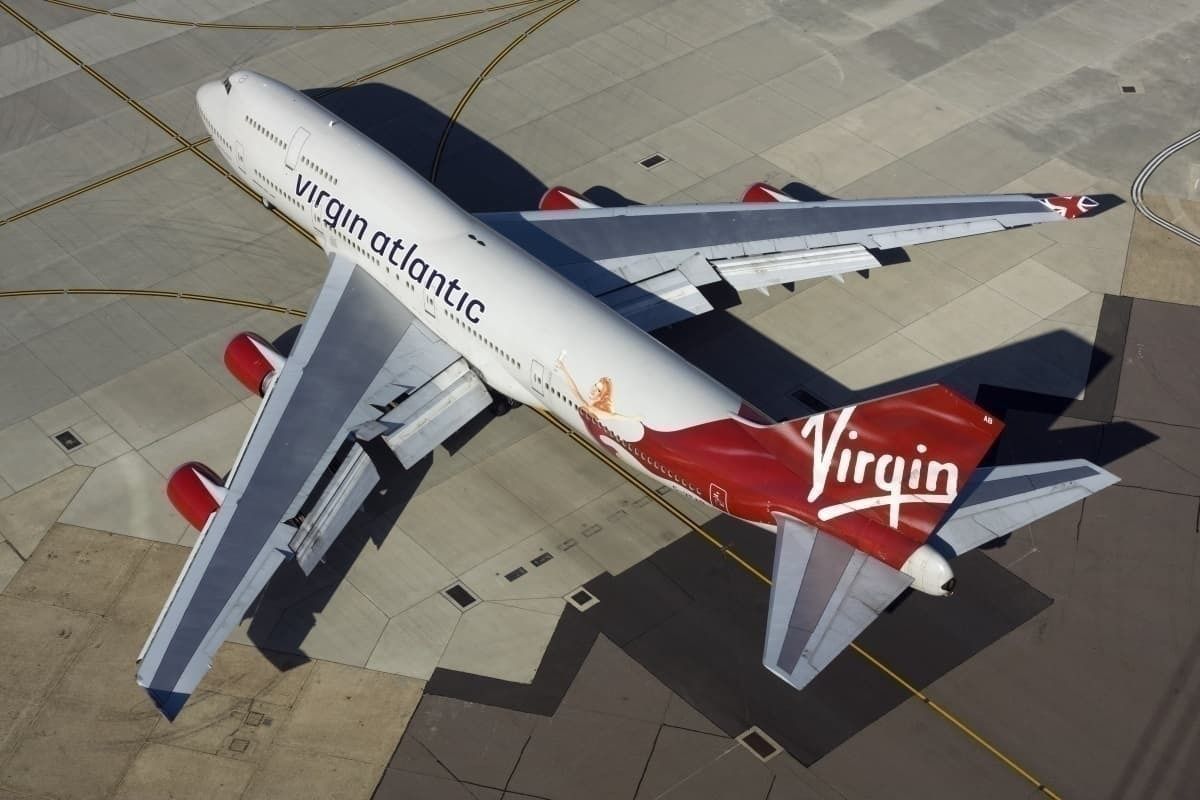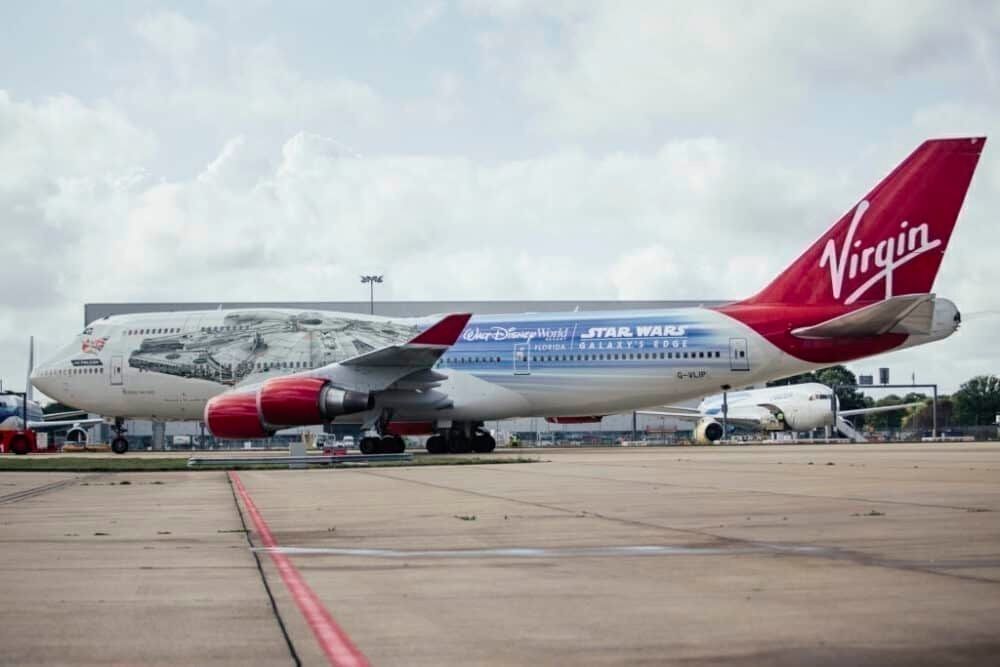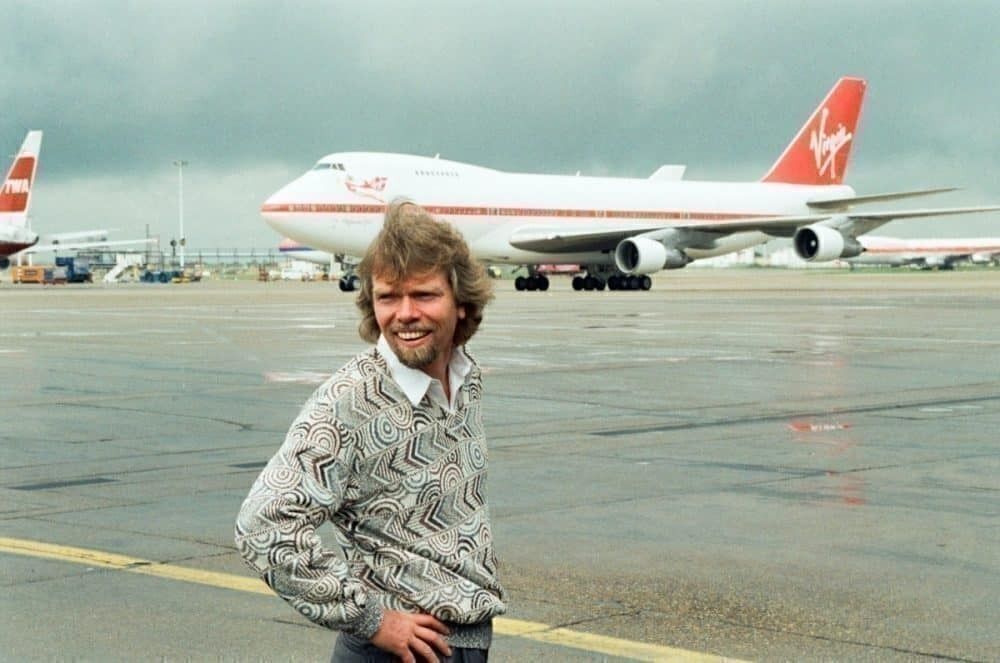Virgin Atlantic is to retire its fleet of seven Boeing 747 aircraft immediately. The retirement of the 747s was already planned. However, it was announced today that it will be brought forward due to the current crisis.
Just over a year ago, Virgin Atlantic's CEO announced that the British airline would retire its Boeing 747 fleet in 2021. However, as we've seen across the industry, long-established fleet plans have been ripped up.
Now, Virgin Atlantic has announced that it will no longer fly the Boeing 747 as part of its regular operations. The news comes as little surprise as airlines look to ditch older fuel-hungry aircraft for new twinjets.
Bye-bye Boeing 747
Passengers hoping to fly on Virgin Atlantic's 747s before the expected final boarding call in 2021 are, unfortunately, out of luck. In a statement sent to Simple Flying today, the airline said:
"As Virgin Atlantic aims to establish itself as the sustainability leader, it will fly only wide-body, twin-engine aircraft from London Heathrow and Manchester to the most popular destinations... From today, Virgin Atlantic will no longer use all of its seven 747-400s, with four A330-200 aircraft retiring in early 2022 as planned."
Where are they now?
Virgin Atlantic had already sped up the retirement of the Airbus A340 as a result of the current situation. After being withdrawn from service, they were ferried to Bournemouth, where some remain parked. One has already moved on to its new owner. But where are Virgin's 747s, and when did they, last fly passengers? We took a look at the FlightRadar24.com data.
|
Registration |
Last Passenger Flight |
Location |
|---|
The Boeing 747 fleet has an average age of 20 years. The oldest aircraft, G-VAST, is 22 years old. Meanwhile, the youngest, G-VROY, is just 18 years old. G-VLIP wears a special Star Wars livery promoting the new Galaxy's Edge attraction at Florida's Walt Disney World. Unfortunately, the Millennium Falcon won't ferry Virgin Atlantic passengers around the galaxy any longer.
A part of Virgin's history
The Boeing 747 is a crucial part of Virgin Atlantic's history. Indeed, Virgin Atlantic's first commercial service was operated on the 22nd of June 1984 using the Queen of the Skies. G-VIRG, a Boeing 747-200, operated this flight. The aircraft carried the name "Maiden Voyager". The airline's first aircraft remained in service until 2001.
Since then, Virgin has operated more 747s than any other individual aircraft type. The British carrier has flown 30 747s, with the Airbus A340 falling just behind at 29 aircraft, according to Planespotters. To date Virgin Atlantic has operated:
- 1x Boeing 747-100;
- 16x Boeing 747-200;
- 13x Boeing 747-400.
What's next?
Virgin Atlantic has already begun to usher in a new era with the delivery of its first four Airbus A350-1000 aircraft. At last year's Paris Air Show, the British airline also signed an order for the new Airbus A330neo aircraft. These would go towards replacing the airline's older classic A330 aircraft.
Are you sad that the airline won't operate any more Boeing 747 flights? Let us know your thoughts in the comments!



